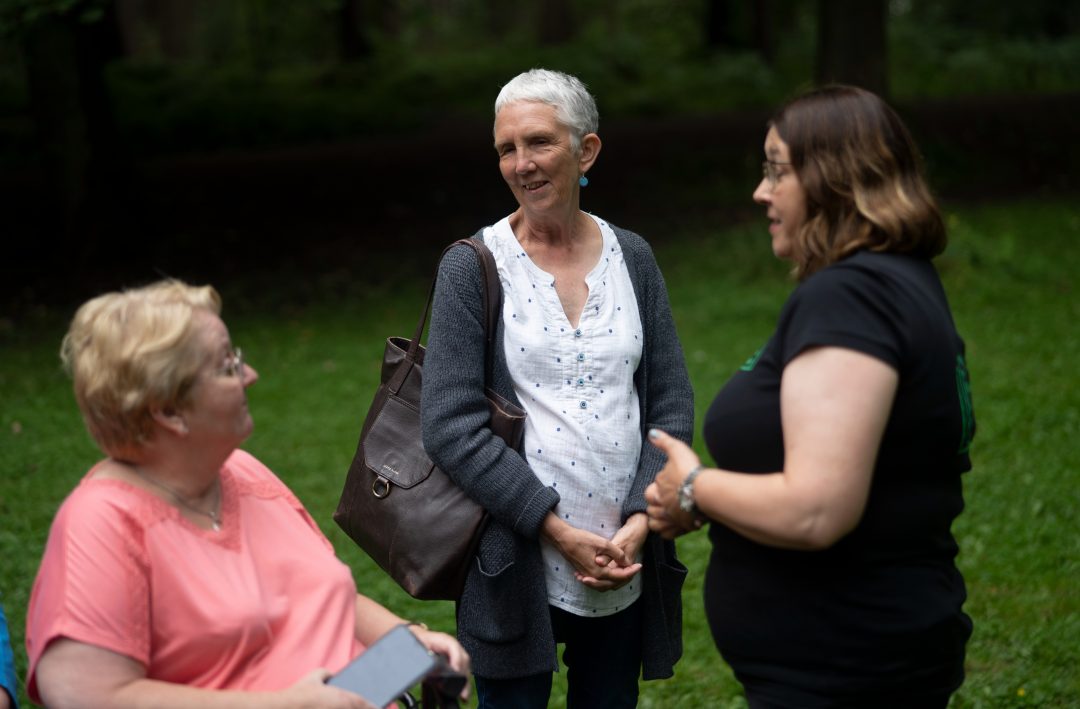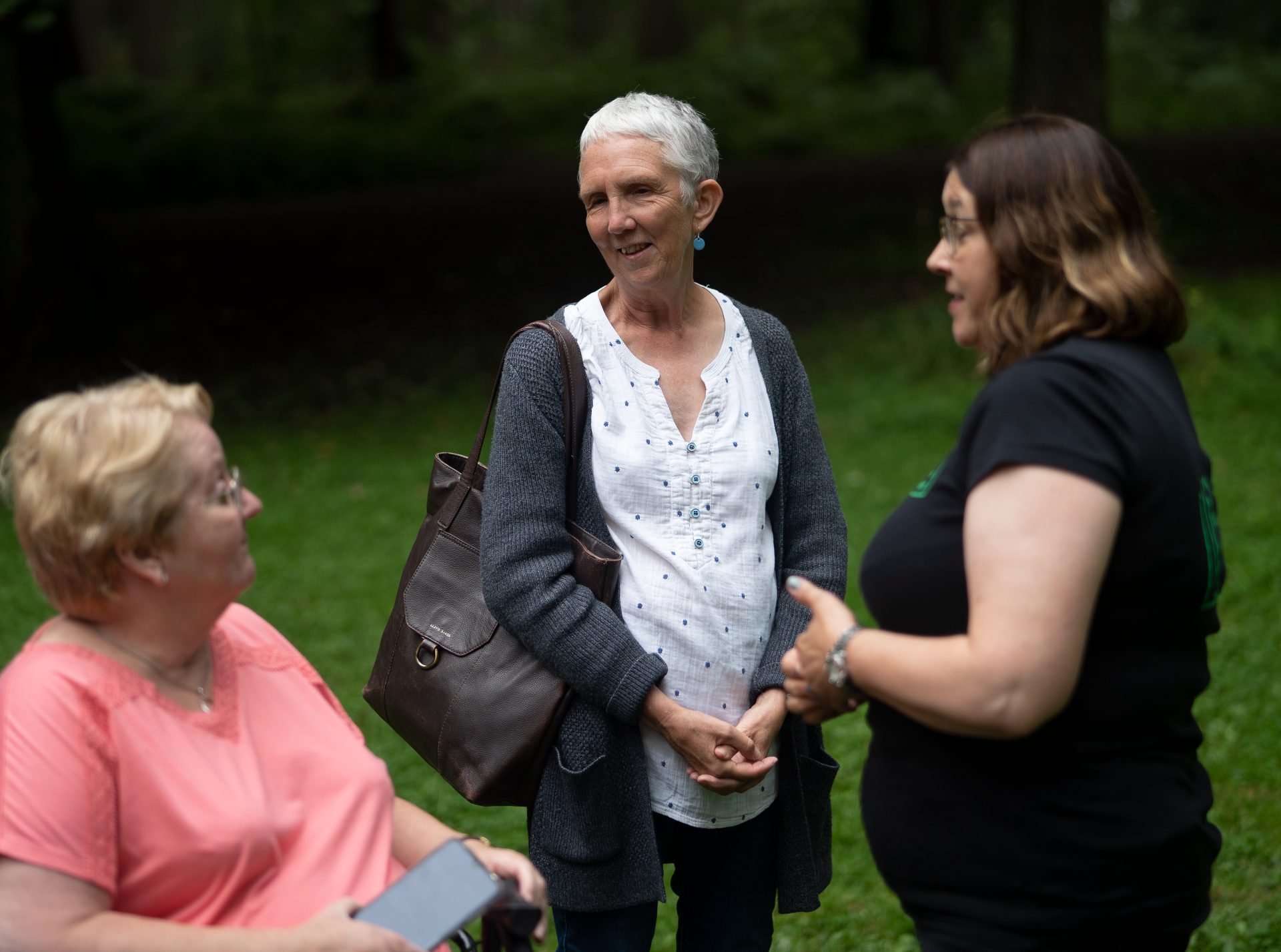Could stories improve our health?
News


Could stories improve our health?
The impact of a new ‘Reading for Wellbeing’ project supported by author Ann Cleeves is set to be evaluated by the ARC North East and North Cumbria.
The scheme will support reading for improved health, and is being trialled across the North East region.
The project was initiated by Ann Cleeves herself, at a public health conference in 2020 chaired by Sir Professor Michael Marmot, and she has donated some personal funding for the pilot.
The work will be independently evaluated by the ARC North East and North Cumbria, so that the impact of the project on the health and wellbeing of those involved, can be measured. It is hoped that early evidence could be used to support the expansion of the project more widely.
The scheme involves the appointment of nine Community Reading Workers who will enable access to stories and reading, including audio books, to help improve the health and wellbeing of those in need of support.
Social prescribing link workers based in GP practices, as well as other health and social care professionals, will refer people who may benefit from reading, access to stories or new social networks.
This might include those experiencing anxiety, stress, chronic pain, depression or other conditions, as well as those who may be socially isolated. They can also refer children, young people or whole families.
The Community Reading Workers will offer a holistic and personalised approach to empower and motivate each person or family to take proactive steps to improve their health and wellbeing. This could include spaces and places for reading, emotional support, and other tools to help mental and physical wellbeing.
The six local authority areas involved have contributed their own funds and each area has defined their own way of delivering the project, based on their own local needs.
Further funding and support has been provided by other partners – including Public Health England (North East) and Voluntary Organisations’ Network North East (VONNE).
Ann Cleeves said:
“Over the years, I’ve seen how understanding and confidence grows when people are encouraged to explore their experiences through story. It gives a fresh perspective. A distance. Anger and resentment can dissipate. And because we’re sharing a bit of ourselves when we’re talking about books, friendships develop.
“I first proposed this project at a regional public health conference chaired by Professor Sir Michael Marmot, in March 2020, just before the full force of COVID-19 hit us all – and it seems that COVID-19 has made this project even more relevant, particularly when we know the impact it has had on those from disadvantaged communities, or those who were already isolated.
“It has been more than 21 years since my detective character Vera Stanhope first appeared in the Crow Trap. Vera has been good to me, but I wouldn’t have had the tools to write Vera if libraries hadn’t allowed me to read widely. So I decided to mark Vera’s 21st anniversary by giving a birthday present to the region that created her – by suggesting and sponsoring this Reading for Wellbeing project.”
Professor Eileen Kaner, Director of the NIHR Applied Research Collaboration (ARC) North East and North Cumbria (NENC) said:
“This is a fantastic project for our region and we’re hugely grateful to Ann Cleeves for setting the ball rolling, and for her enormous enthusiasm and support.
“The North East has high social and health inequalities, and some of the highest rates of ill health and early death in the country. Evidence is building around the therapeutic value of reading for pleasure, and a growing number of studies have found positive links between reading and health – including helping adults to manage chronic disease, long-term pain, addiction and mental health problems.
“Our evaluation of this project will assess its impact on the health and wellbeing of those taking part. We will be asking not only ‘has this worked?’ but also ‘what has worked, why, and under what circumstances?’ This will help us to pinpoint the factors that influence whether it is a success or not, and these findings will be used to guide any future expansion of the scheme.”
Professor Peter Kelly, Public Health England (PHE) North East Centre Director, said:
“Public Health England North East is delighted to be part of this new ground-breaking project that will support some of our most disadvantaged communities to access books and experience the joys of reading.
“We know reading and the sanctuary of libraries is a lifeline for many and not just to access books, but to reduce loneliness and improve literacy. All of which play an important role in improving mental health and wellbeing and reducing health inequalities.”